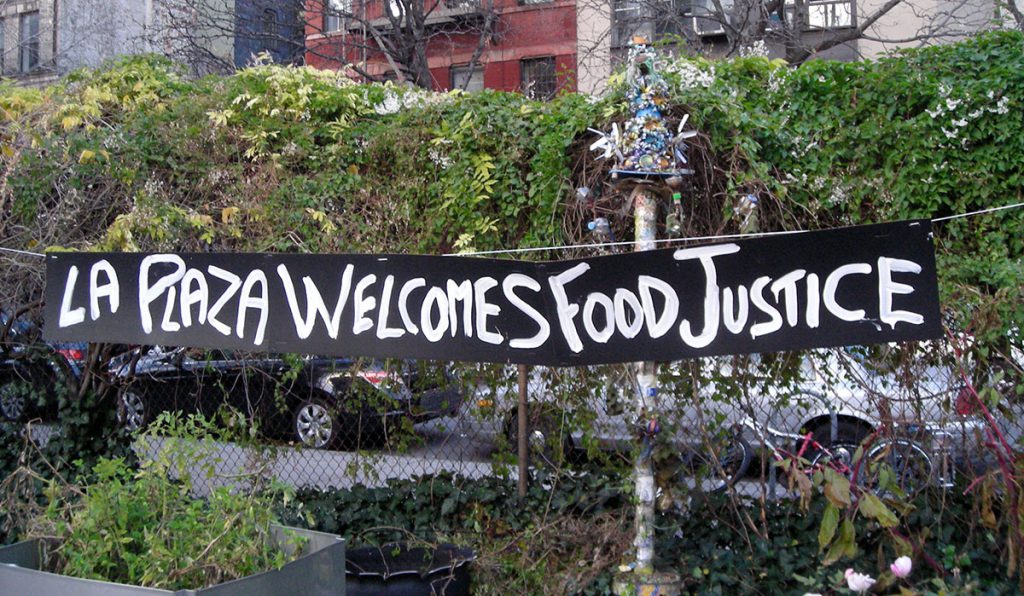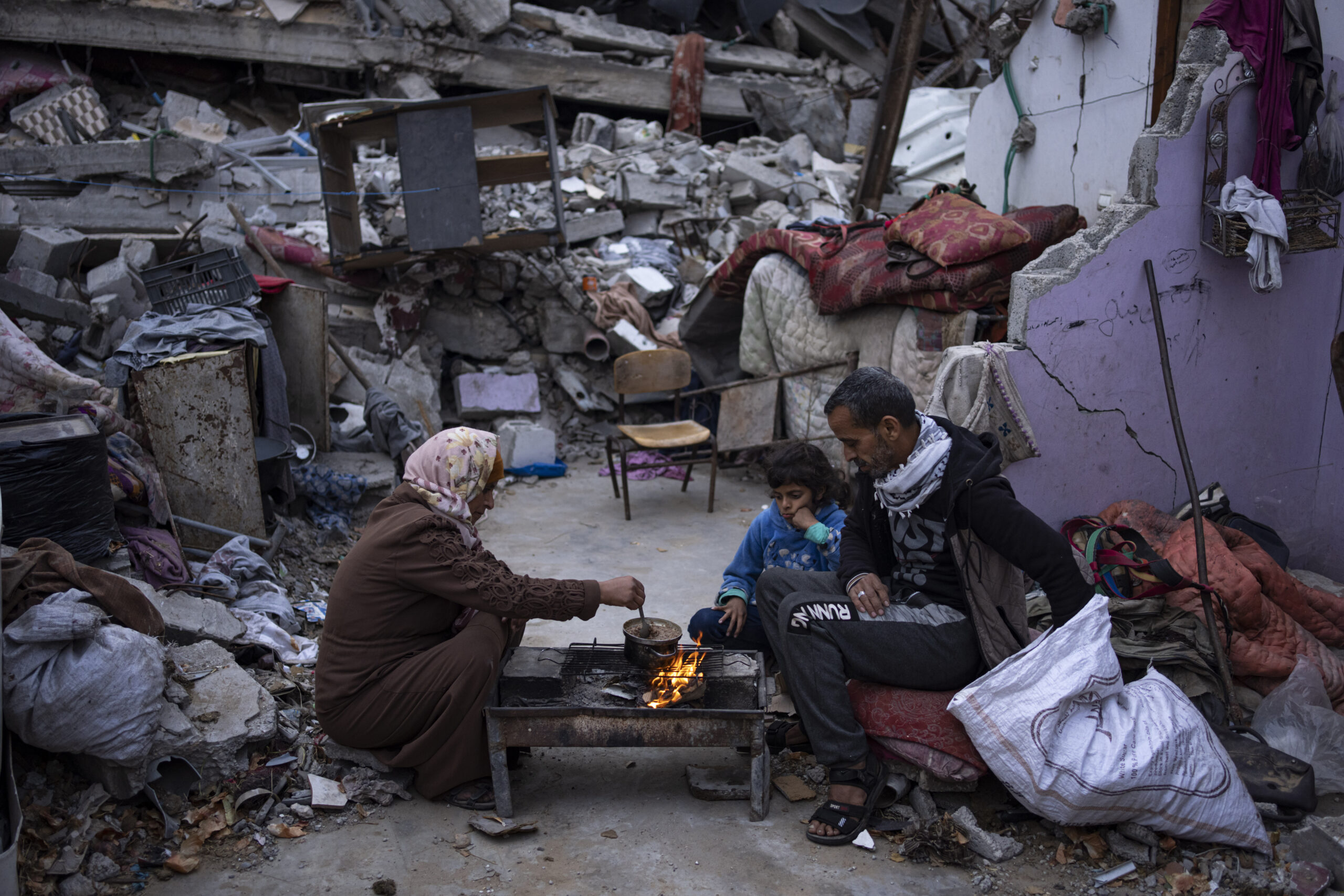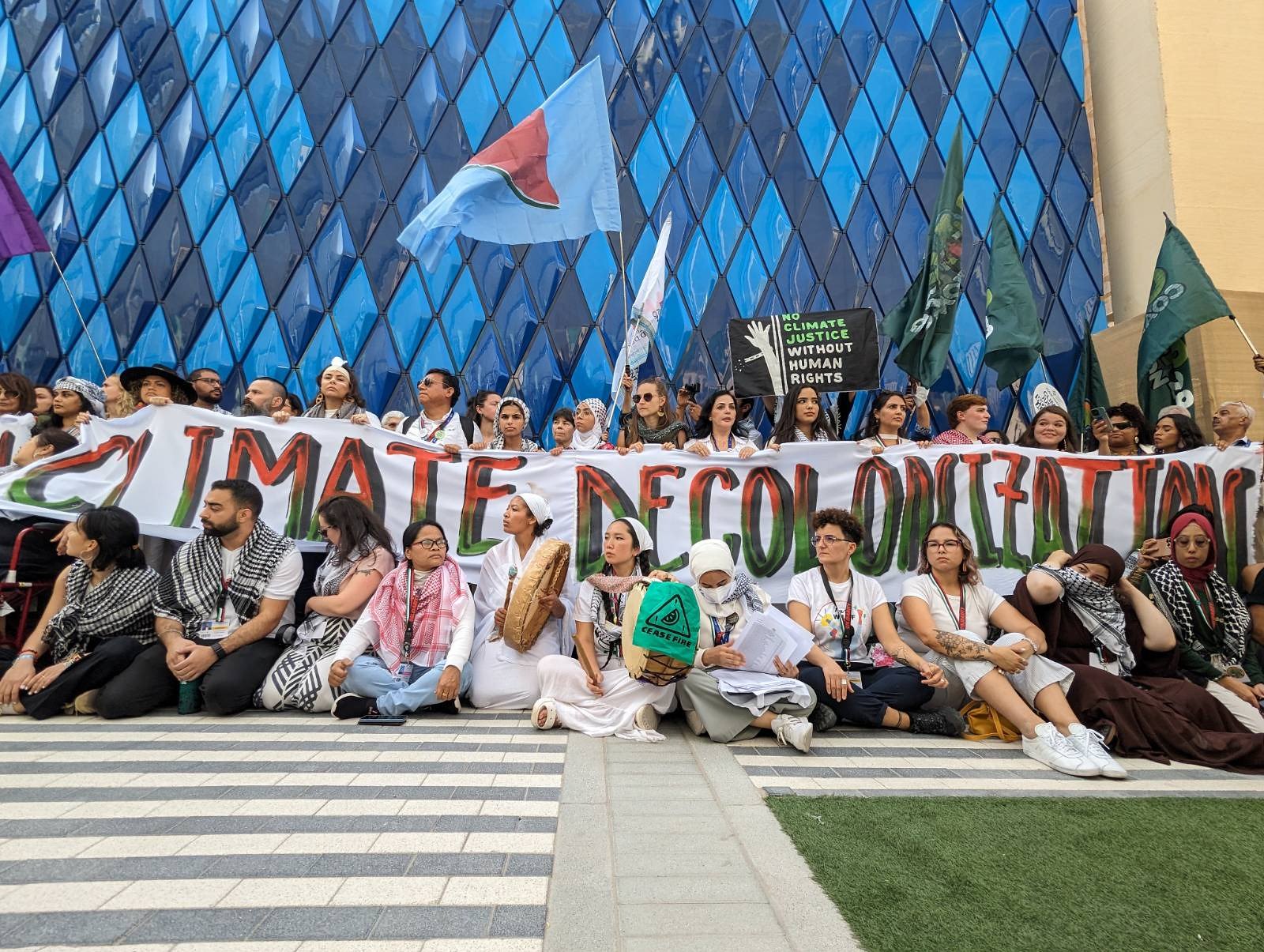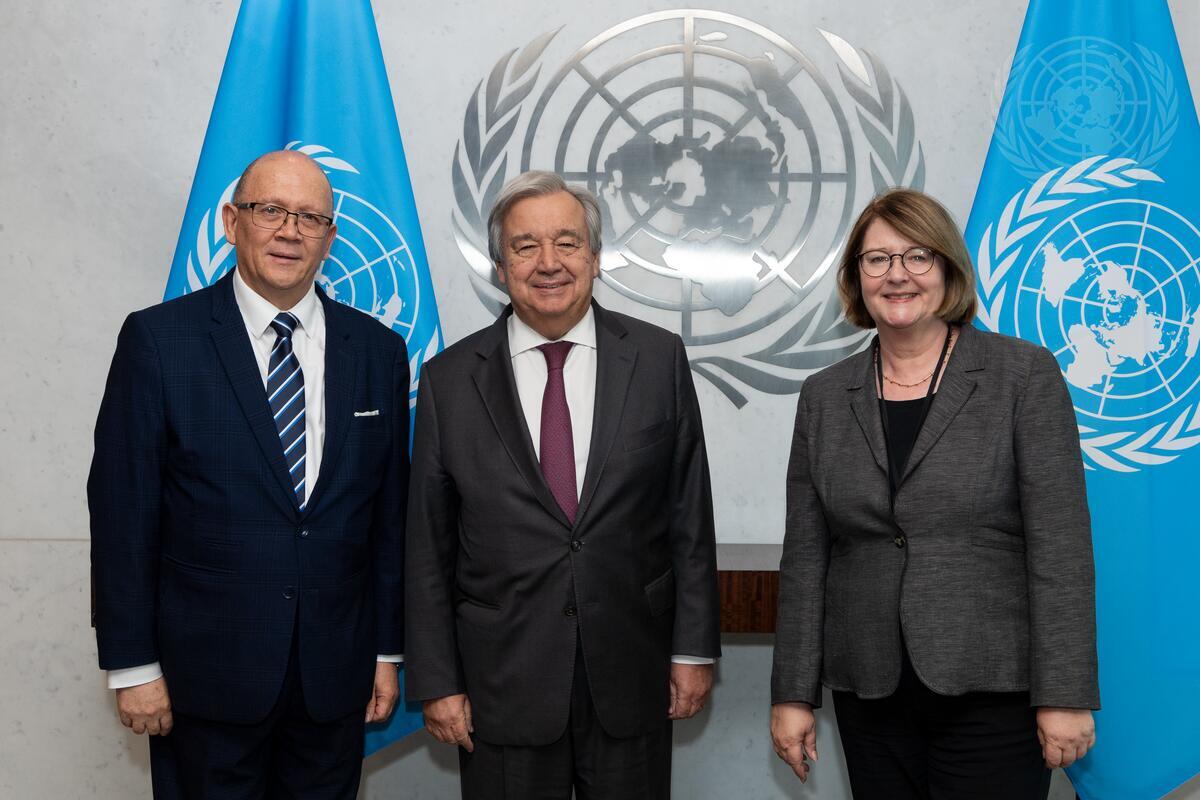
When the pandemic first hit in the U.S., lines at food pantries and banks spiked, the unemployment rate exponentially increased, and COVID-19 began to hit communities of color the hardest. The state of emergency elicited a varied emergency response in our food system. Gaps in the corporate-controlled food supply chain resulted in large scale farmers dumping milk and letting produce rot in the fields.
The federal government developed much of the COVID-19 related policy to allocate funds to corporate-controlled and large-scale agriculture into the emergency sector of the food system. In response to the crisis, the USDA allocated about $3 billion in the Coronavirus Food Assistance Program (CFAP) to fund the procurement of meat, dairy and produce to be distributed in free food boxes by charity-based groups such as food pantries, volunteer driven mutual aid efforts, and other pop-up sites in neighborhoods across the country. In addition, food banks received an estimated $600 million in other federal government funds for food purchases in food banks and $850 million alone for administrative costs.
Billions of dollars are not going to farmers who need it the most like farmers of color, young farmers, and other small- and mid-scale producers, who need help pay farm workers fairly and pivot their supply to food insecure populations. Many small- and mid-scale farmers already donate a good portion of their yield to communities in need and have donated even more this season. But it cannot be lost that we need viable and active regional farmers in our economy to keep providing their healthy food while making a sustainable livelihood. While large-scale suppliers can leverage the tax breaks that come from food donations, small- and mid-scale farmers cannot.
The majority of food in the U.S. is grown, harvested, and processed in challenging work environments such as large scale commodity farms or meatpacking facilities. Labor advocates and workers continue to fight to make sure they are safe and workers get paid fairly during these challenging times. What is not sold to institutions, wholesale, consumers — is surplus. This capitalist system of extraction and exploitation of natural and human resources generates purposeful surplus in the form of excess crops and products which is then dumped directly into large scale charitable emergency food security models such as food banks and pantries.
COVID-19 put a spotlight on the problematic intersection of capitalism, charity and food apartheid as it relates to low-income or working-class communities of color. Food apartheid is the purposeful segregation of resources, food and capital that creates and sustains stark inequities for disproportionately Black, Brown, and Indigenous communities to access healthy food, build wealth, or leverage collective power to dismantle the systems and policies that perpetuate these inequities. Six months into the pandemic and with all these efforts and resources being deployed in the emergency and charity model, the rate of food insecurity continues to rise. Feeding America estimates 18 million children—or one in four—children will go hungry. Not everyone, however, is suffering across the country. Current data shows that while Black and Latino renters have struggled during COVID to cover housing costs—and 54 million Americans will likely remain food insecure this year—billionaires have gotten exponentially richer. For example, Jeff Bezos, the CEO of Amazon, reached a net worth of $200 billion dollars since the pandemic started.
During the pandemic, mutual aid efforts also became channels for this excess food in our communities through free fridges or starting new food box and bag distributions. Food security measures like this are leveraging mutualism in the short term to curb some immediate hunger on a small scale. However, these efforts are not designed or equipped to offer longer lasting impact beyond that initial bag or box.
Further, community members are now becoming conditioned to yet another food security option rather than decreasing reliance on the emergency supply. The expectation to have food distribution models based solely on donated food, short-term funds, and exploited labor perpetuates food apartheid. It is not working toward sovereignty or a sustainable model for the farmer or the volunteers. None of these models are built to end hunger by addressing the root causes. Charity triggers the savior complex, and pioneering endeavors that marginalize frontline efforts of impacted communities, such as urban agriculture, impact funding of existing community food projects and can disrupt the ongoing solidarity-based work of grassroots organizations.
At the core of solidarity economy is reciprocal power and collective work toward having sufficient resources and means to engage. Solidarity is not just a form of mutualism. Building an alternative economy is not a wish or fairytale. The time is now to decrease the reliance on emergency food supply in our neighborhoods, and instead invest more in fostering an alternative economy that enables food to be a driver for transformative change.
As we continue to strive for food sovereignty, we can take active steps now to build solidarity in our food system and shift from charity. Supporting proven regional farmers and stimulating local businesses and job creation, becoming environmental stewards, and leveraging people power within the government to vote as well as advocate for better policies from your elected representatives, and even consider running for office (like community board seats) are all immediate and feasible ways to engage. The need for short-term, immediate charitable efforts such as community fridges or emergency food boxes that do not possess the expertise, infrastructure, funding, or organizational capacity to scale up their activities would no longer be needed in a resilient and resourced community. Instead, galvanizing resources and collaborating with proven and existing food justice models like Community Supported Agriculture (CSA), farmers markets, cooperatives, community based food hubs, community land trusts, clean transportation, and other related businesses would shift the needle towards resiliency.
Qiana Mickie is the former Executive Director and current Special Projects Consultant with Just Food.



